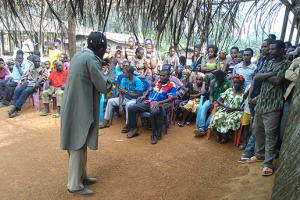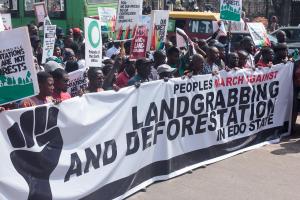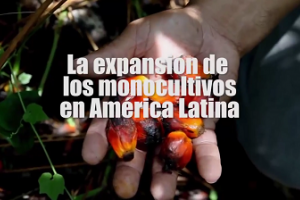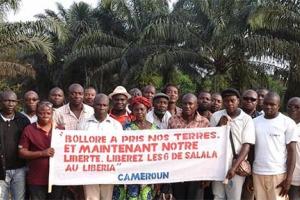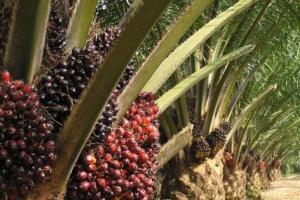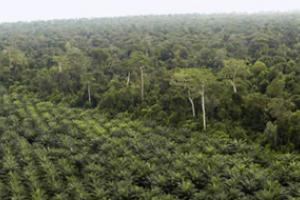Palm Oil
The oil palm tree is native to West Africa. It is an important tree for forest-dependent communities, their cultures and their economies. However, large-scale oil palm monocultures for industrial production (oil and agrofuels) have been driving deforestation and land grabbing in Southeast Asia. More recently, oil palm monocultures are also driving destruction in Africa and Latin America.
Communities in West and Central Africa are facing the impacts of industrial oil palm plantations. With the false promise of bringing ‘development’, corporations, backed up with government support, have been granted millions of hectares of land for this expansion.
Why haven't Africa's post-colonial governments dismantled the colonial plantation model of exploitation and extraction, returned the lands to their people and emboldened a resurgence of Africa's diverse, local food and farming systems?
Only available in French.
Certification schemes for tree plantations initially generated many expectations, promising a true transformation. Yet after all these years, we can definitely conclude that what the RSPO and FSC also have in common is that they will not meet those expectations.
Interview with Hajaratu Abdullahi from Community Forest Watch in Nigeria who talks about the hardship and misery that the palm oil company Okomu Oil, subsidiary of global palm oil company SocFin, is bringing to communities like hers in Nigeria's Edo state
(Only available in Spanish). Documental sobre la expansión de monocultivos de palma aceitera y piña en América Latina, realizado por Aldo Santiago, periodista mexicano independiente, y Claudia Ramos, integrante de la organización Otros Mundos A.C./Amigos de la Tierra México. Duración: 35 minutos. Idioma: Español.
